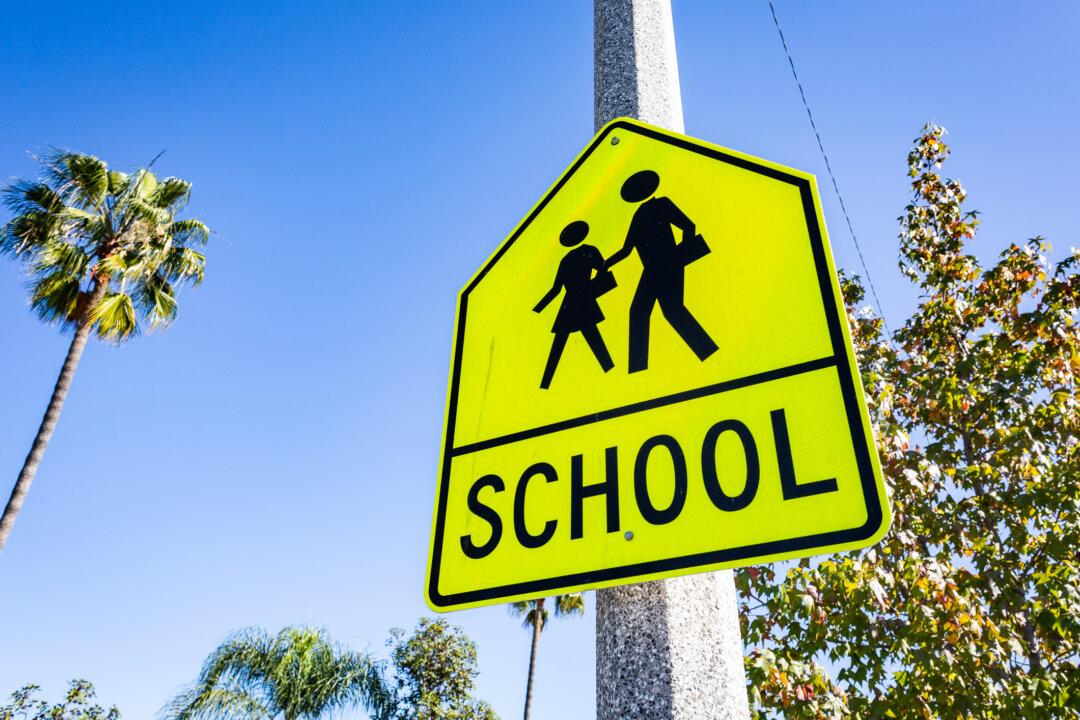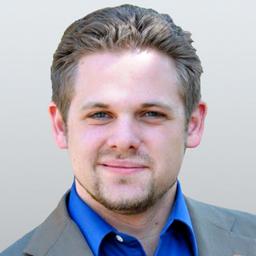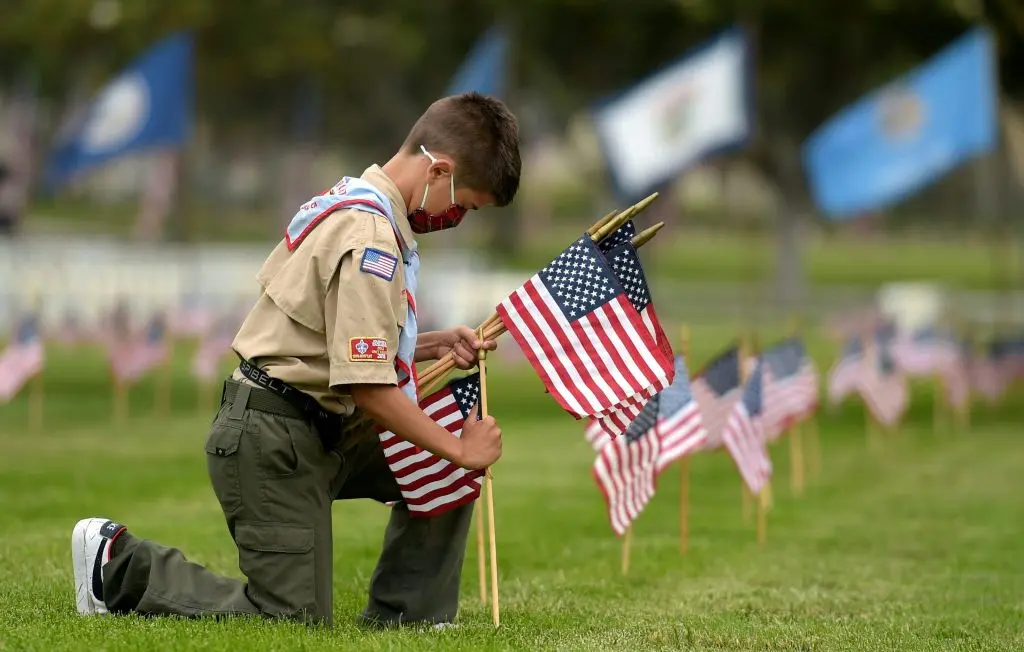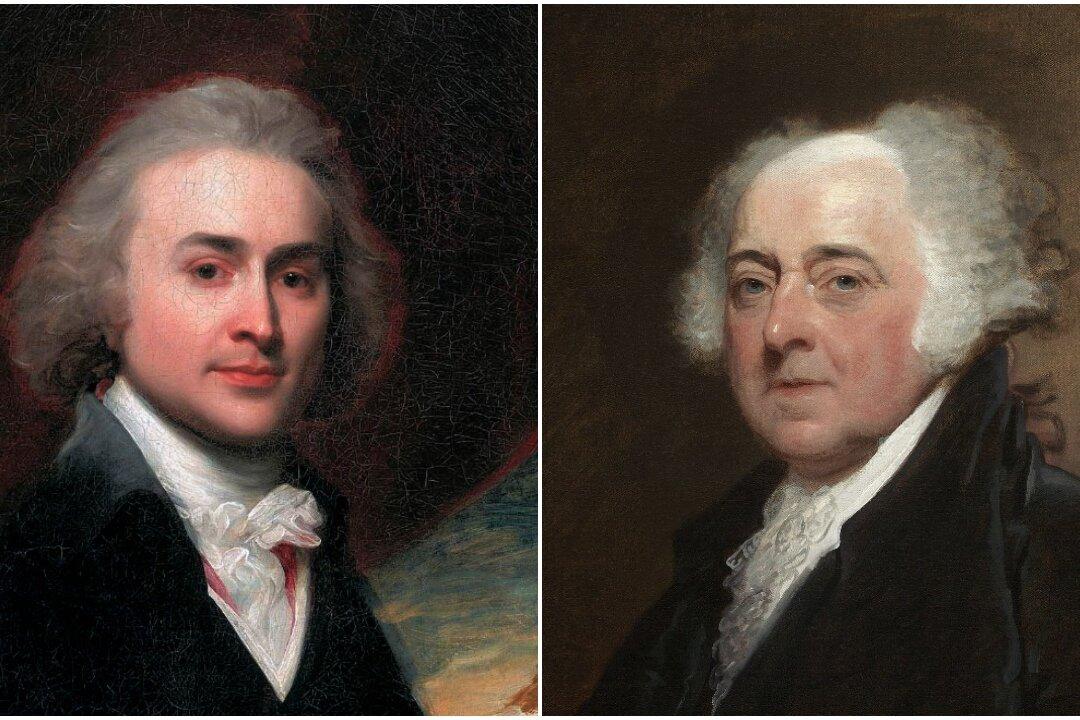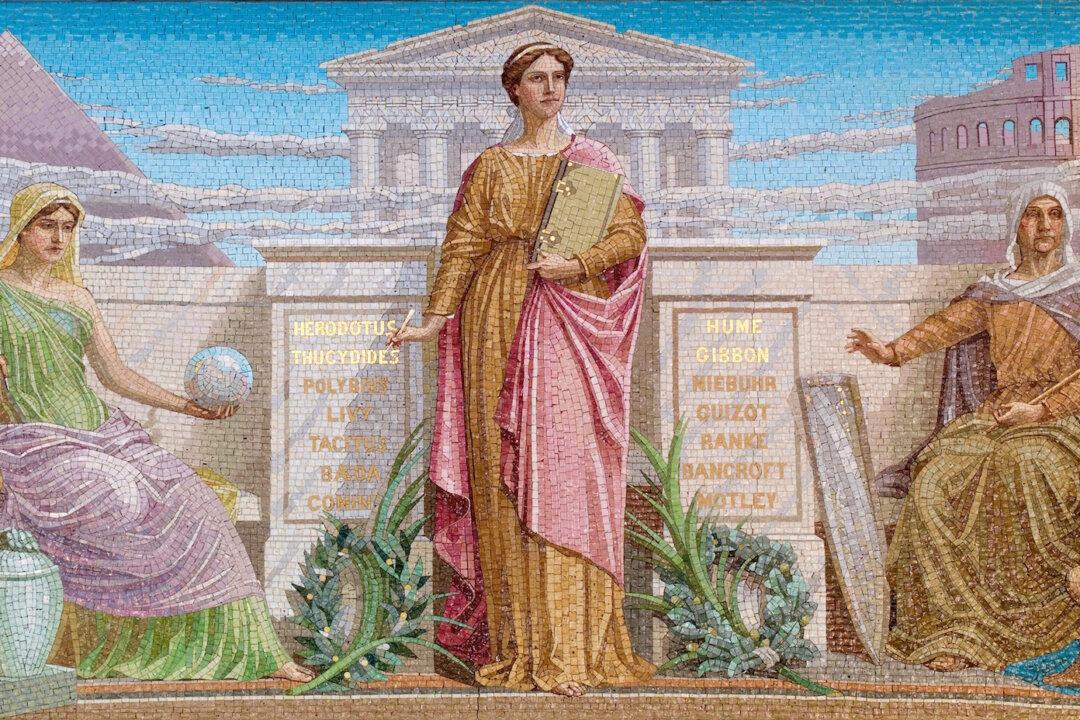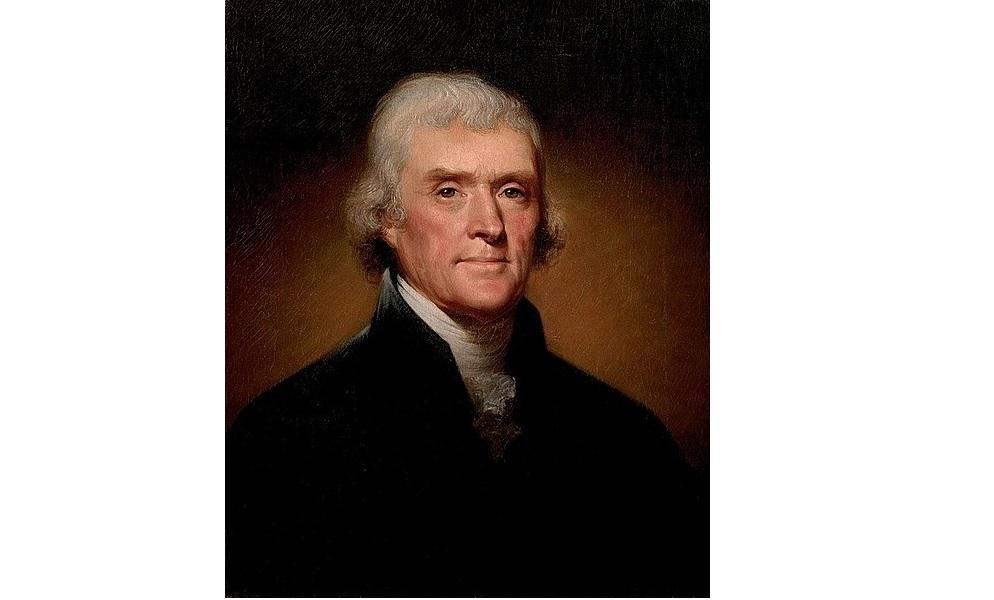I’d like to ponder something I’ll call “A Tale of Two Dictionaries,” and in particular how those two dictionaries define a specific word: “education.” The results are enlightening.
A Modern Definition
The first dictionary is the modern dictionary. I’ll cite two examples from this “modern dictionary.” The first is the Merriam-Webster dictionary, which defines education this way: “The action or process of educating or of being educated; the knowledge and development resulting from the process of being educated.”From this, we gather education is simply a matter of “knowledge” and “development.” What constitutes either is unclear. There’s nothing particularly objective in the definition. What isn’t defined is capable of being defined, and thus “education” in this sense is something always malleable, never fixed.

